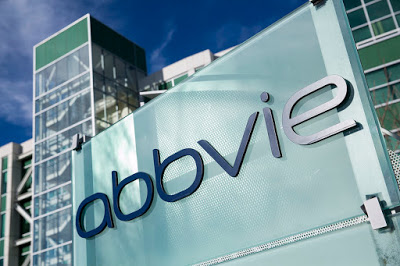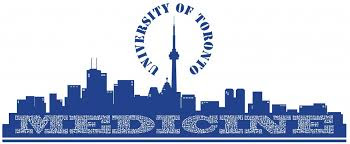Hello! My name is Michelle Cheung and I am a rising 2nd year student at the University of Toronto. I was one of the Youth Summer Program (YSP) students in Dr. Pascal Tyrrell’s lab in the summer of 2016. During the program, I helped with the Medical Imaging Network Enterprise Project by surveying patients at Sunnybrooks hospital for their perspectives on sharing medical images for research.
Before entering Pascal’s lab in 2016, I took part in YSP the summer before in 2015. It was my two years in the summer program that made me aware of U of T. Being able to live in the dorms, attend classes and labs, and explore the city made me fall in love with the campus, especially the fast-paced metropolitan city life in contrast to the suburban life back home in California. More importantly, through the program, I was exposed to the lab environment. Of course, it was more than the allure of lab coats and micropipettes, but my time in the labs sparked my interest in research, hence am now pursuing genomics and hoping to learn more about hereditary diseases. Thus, when it came down to deciding which college to attend, all these factors placed U of T high up on the list.
Near the beginning of second semester of my first year, I started thinking about what to do over the summer. I couldn’t waste the 4 months and knew I needed the exposure and experience in professional labs if I plan on becoming a genetics researcher, hence started looking for research internships.
I was offered an internship position at the biopharmaceutical company, AbbVie, back in California, and it was quite an interesting experience applying for the position. I thought the first phone interview went decent but I was aware that I didn’t express enough interest in a particular aspect of research associated with the position. A month later, I interviewed a second time. It went really well until the interviewer said, “Let me ask you a challenging question.” I was expecting a deep theoretical question, and it ended up being, “Introduce yourself and your career goals in Cantonese.” In all fairness, my auditory skills are on point and I can understand conversational Cantonese, however, truthfully, my speaking skills had grown too rusty after not speaking it at home anymore. Hence, in my response, I managed to fluently get out my name, age, and school. I tried talking about my hobbies; trying to say “hiking with friends” turned out in me saying “taking walks with friends”, and “baking” turned out to me saying “cooking”. I was stumped when trying to describe my career goals as I blanked on how to say genetics and research and complicated bio words. Least to say, the awkward silence as I tried to come up with the right thing to say was mortifying. Little did I know that the interviewer would become my current manager (great guy), but hey, he hasn’t brought up the mortifying experience and I now have an embarrassing interview story to tell and a lesson learned.
Meanwhile, my parents connected with a family friend who was a scientist at Stanford. She was looking for a student research trainee to help her with her research project studying pulmonary disease, working with mice, and it was a fitting role for me.
I found out I was accepted to the research internship at AbbVie and luckily, the timing works out with my shadowing at Stanford. One internship would give me more practical lab experience while the other would give me a taste of the bio corporate industry. Hence, it’s the best of both worlds this summer – getting to experience both academic and industry research.
All in all, I am here today, about 1.5 months into the research internships, and having a blast. I had a wonderful first year of undergrad, and as I reflect, am very grateful for my time in YSP for bringing me to U of T and exposing me to the medical research world.
-Michelle Cheung


